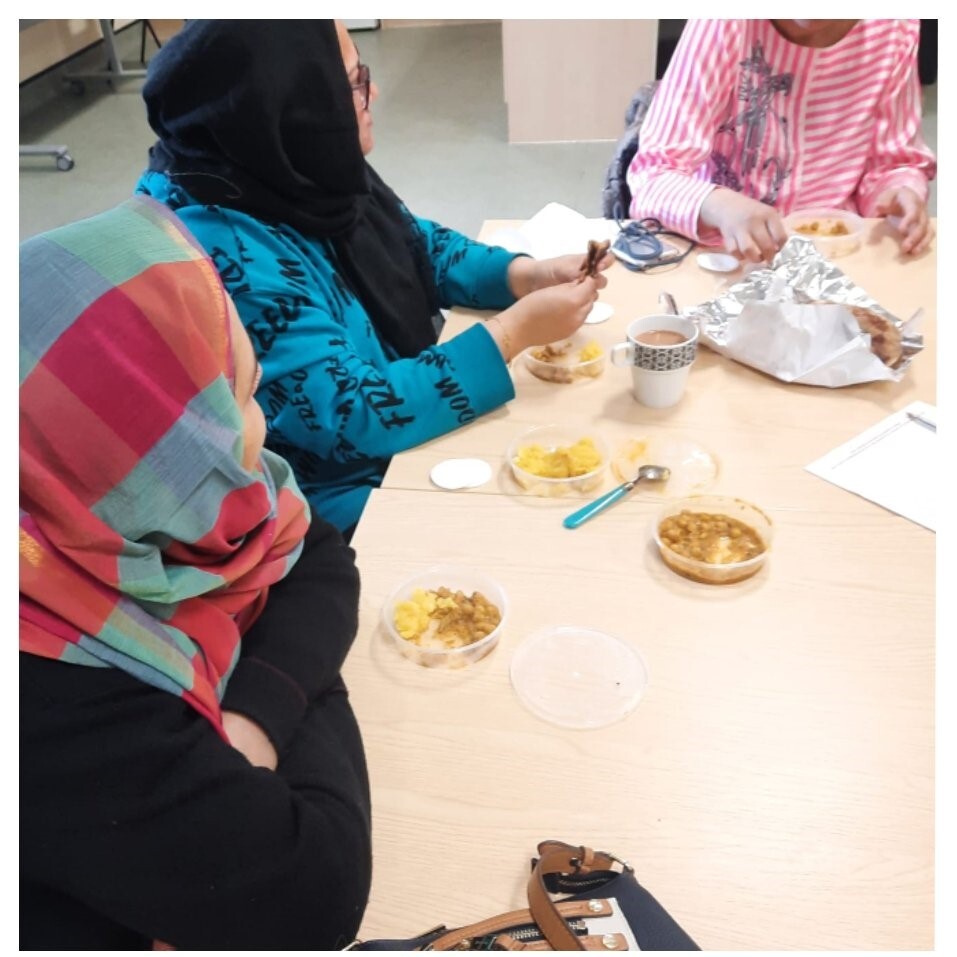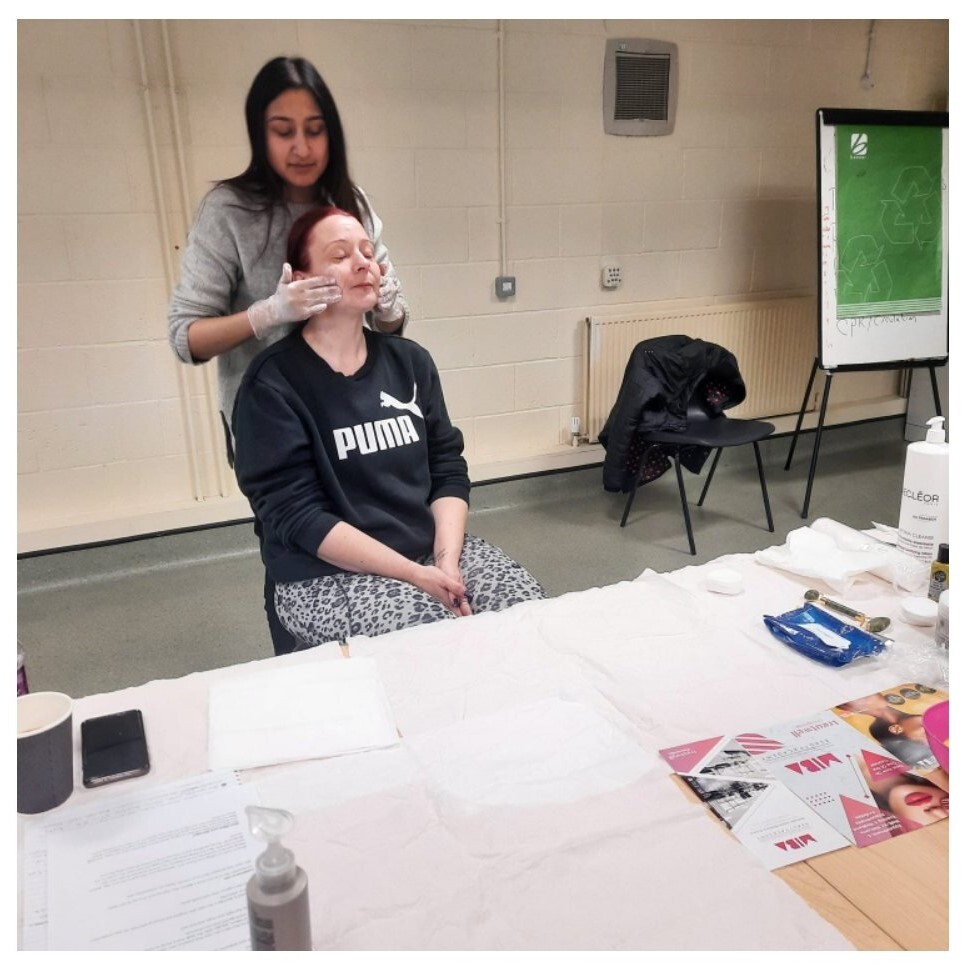
SAW Well

Oldham Libraries, in partnership with specialist women’s organisations, is bringing together South Asian Women and children, running creative and physical activities to spark conversations and exploration around mental wellbeing, physical health, and parenting.
-
Location
Oldham
Researchers from the University of Manchester will share their knowledge on mental and physical wellbeing, and with the libraries, women’s groups and participants will co-create workshops to meet both the women’s and children’s needs.
Through a diverse range of activities including theatre, art, yoga, and walking, the programme is celebrating creativity and encouraging conversations about the shared experiences of the community through the pandemic. The researcher for the project explained:
“We really wanted to apply our areas of academic expertise in ways to potentially have real positive effects on women’s lives, especially mothers (and children). This allows our Unit to input in a way that is immediately helpful and tangible”, and that “It also allows us to think creatively about our research and areas of knowledge. The project allows us to work closely with members of the local (Greater Manchester) community.”
One of the first activities the group ran was in September 2021. The project lead from Oldham Libraries noted:
“The Fatima Women's Association took part in our Climate Connections event in September 2021 where they created short social media videos on climate themes and attended a mini festival on climate justice. They also brought a group of young people to Oldham Library to take part in a stop motion animation session where we asked them to animate some activities they would like to take part in as part of our Ideas Fund project - with interesting results!”

In addition to the productive and thought-provoking sessions being run, the project has initiated a very productive and cooperative relationship between the community group and the researcher, as one researcher noted:
“The greater equity between the researchers and community group (by having the community group lead) allows us to learn about the families’ needs, and therefore a secondary benefit for us is that it may lead to novel ideas for future research.”


